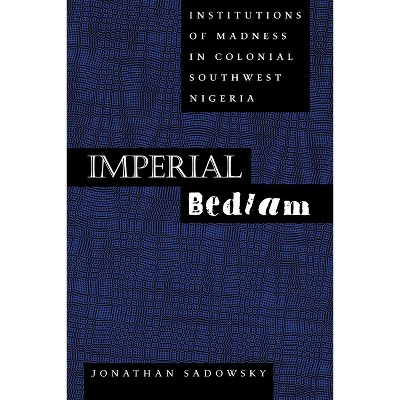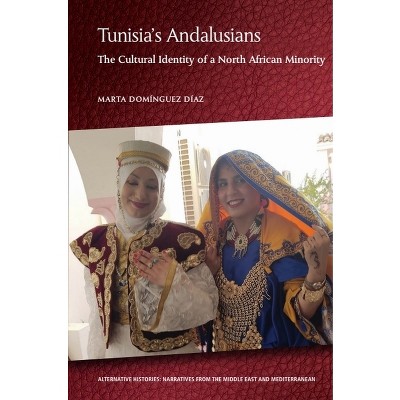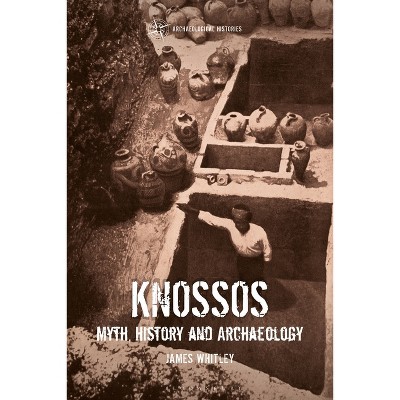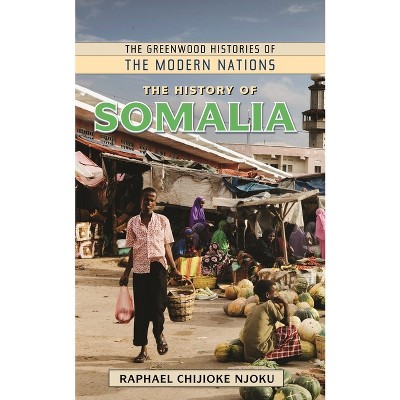About this item
Highlights
- Not just a method of crime control or individual punishment in Britain's African territories, the death penalty was an integral aspect of colonial networks of power and violence.
- About the Author: Stacey Hynd is Senior Lecturer in African History at the University of Exeter, UK.
- 272 Pages
- History, Africa
- Series Name: Empire's Other Histories
Description
Book Synopsis
Not just a method of crime control or individual punishment in Britain's African territories, the death penalty was an integral aspect of colonial networks of power and violence. Imperial Gallows analyses capital trials from Kenya, Nyasaland and the Gold Coast to explore the social tensions that fueled murder among colonised populations, and how colonial legal cultures and landscapes of political authority shaped sentencing and mercy. It demonstrates how ideas of race, ethnicity, gender and 'civilization' could both spare and condemn Africans convicted of murder in colonial courts, and also how Africans could either appropriate or resist such colonial legal discourses in their trials and petitions.
In this book, Stacey Hynd follows the whole process of capital punishment from the identification of a murder victim to trial and conviction, through the process of mercy and sentencing onto death row and execution. The scandals that erupted over the death penalty, from botched executions and moral panics over ritual murder, to the hanging of anti-colonial rebels for 'terrorist' and emergency offences, provide significant insights into the shifting moral and political economies of colonial violence. This monograph contextualises the death penalty within the wider penal systems and coercive networks of British colonial Africa to highlight the shifting targets of the imperial gallows against rebels, robbers or domestic murderers. Imperial Gallows demonstrates that while hangings were key elements of colonial iconography in British Africa, symbolically loaded events that demonstrated imperial power and authority, they also reveal the limits of that power.Review Quotes
"Clear, thorough and convincing scholarship." --The Africa Report
"This thoughtful work makes a stalwart contribution to the historiography of the tensions of empire, particularly their politico-legal manifestations." --Choice "Imperial Gallows successfully demonstrates how capital punishment was closely linked with state security and emergency violence, and imbedded in the contradiction between the colonial imperative of civilisation and serving as a violent coercive tool." --The Journal of Imperial and Commonwealth HistoryAbout the Author
Stacey Hynd is Senior Lecturer in African History at the University of Exeter, UK. Her publications include articles in Journal of African History, International Journal of Southern African Studies, Journal of Eastern African Studies, Journal of West African History, amongst others.











